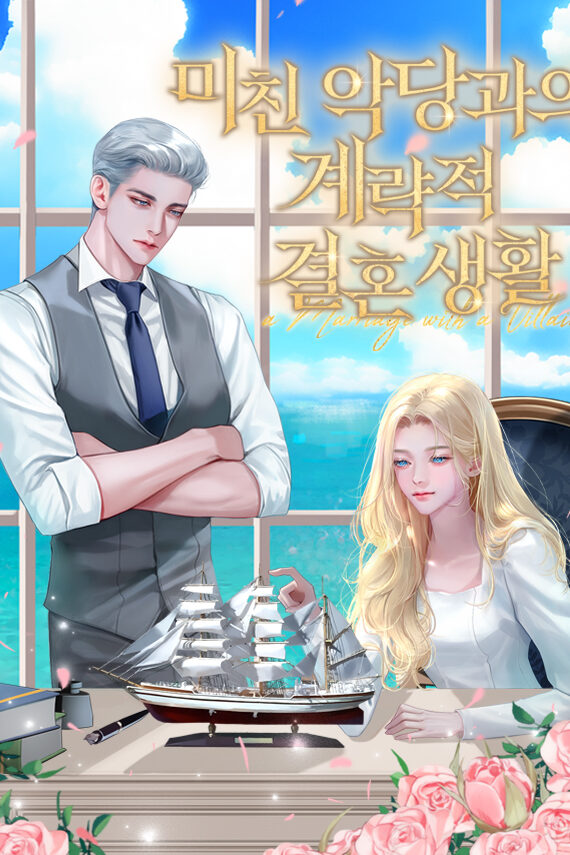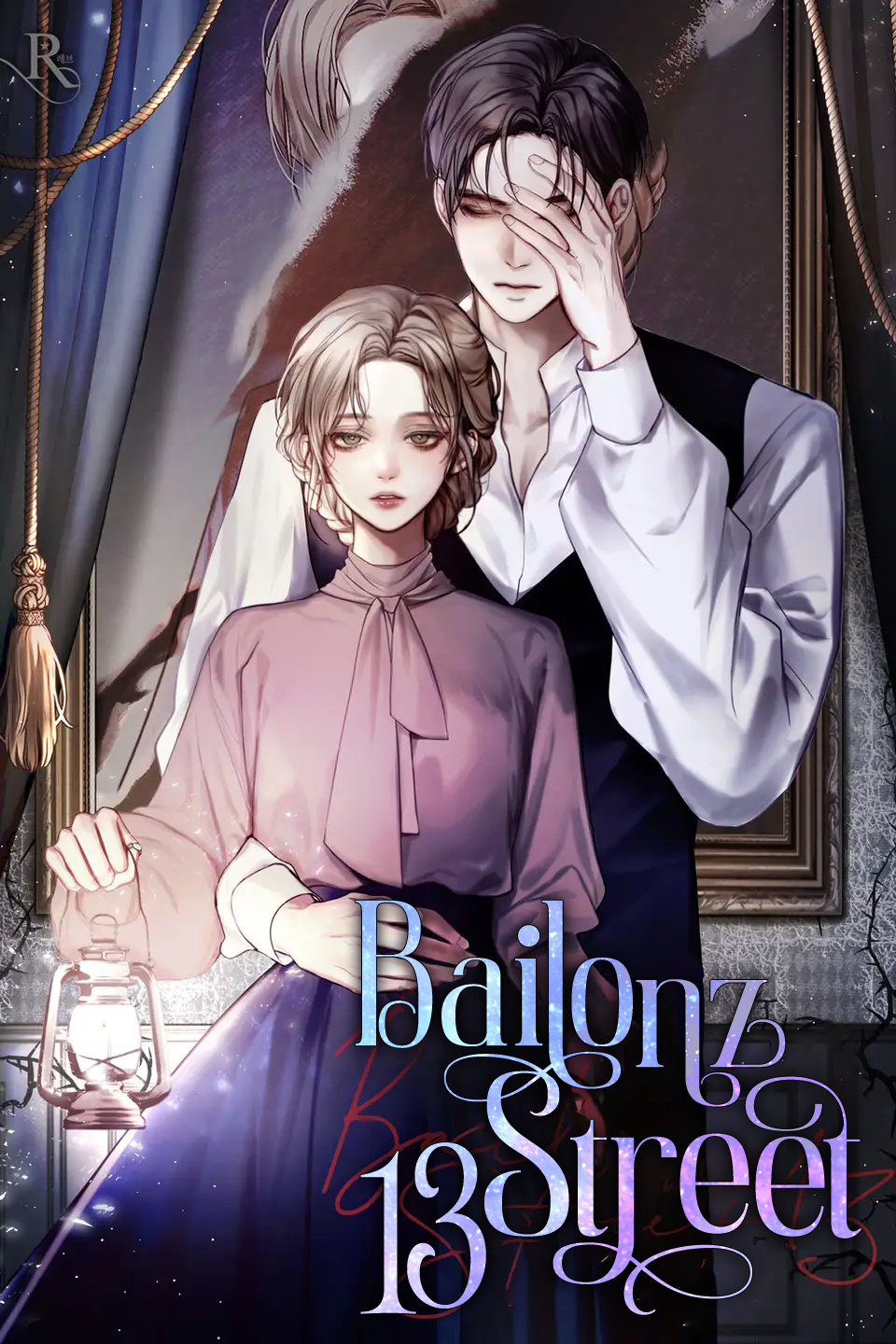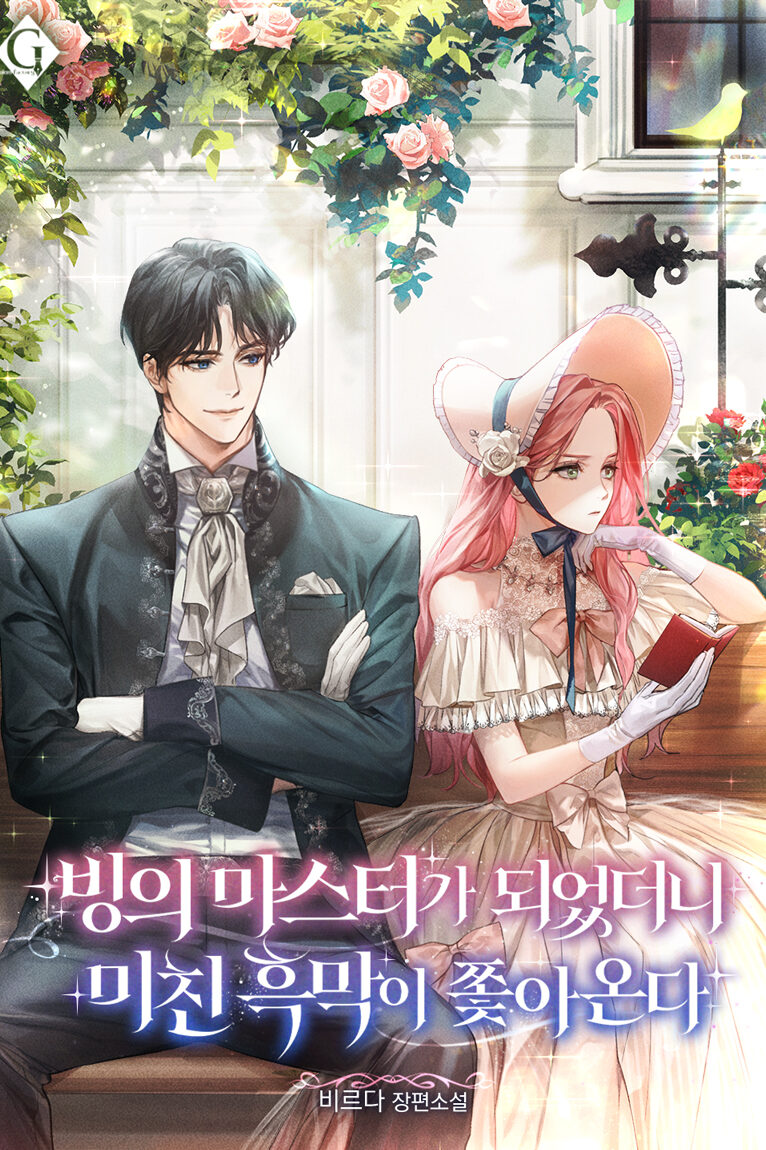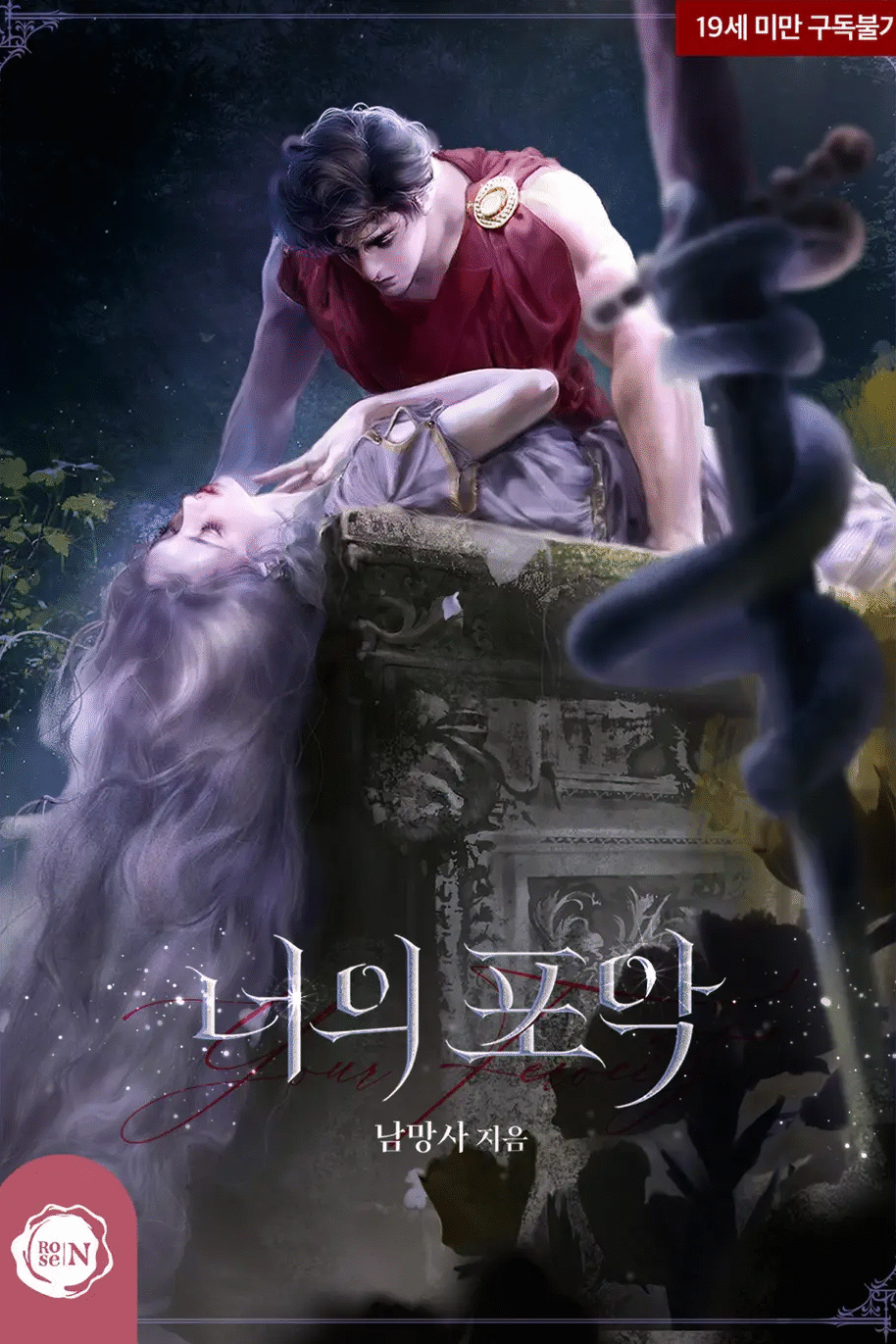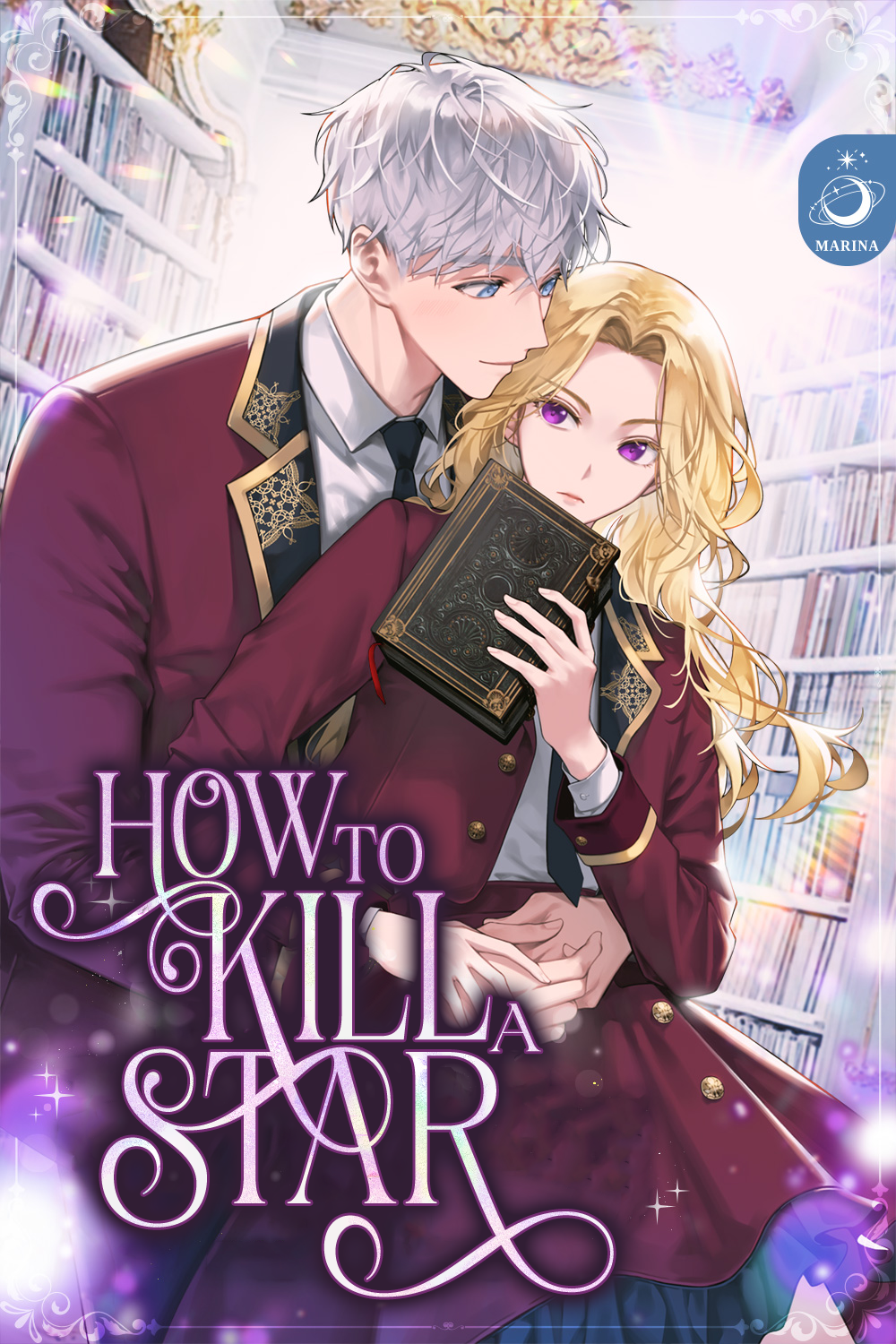Chapter 001
<Episode 1>
Now, only one line remains in the play.
A supporting actor steps forward and throws a question at the protagonist. Though it’s meant for the main character, his gaze pierces through the crowd.
‘Do you really think there is such a thing as a perfect work of art?’
No dramatic pauses. No emphasis. Just a calm, quiet question.
That was the instruction I gave.
It’s also written clearly in my directing notes.
Directing notes.
They’re detailed plans compiled by theater directors to bring a play to life—covering everything from concept and movement to lighting, sound, and stage layout, alongside the script.
Some directors don’t take them seriously. I did.
I planned more obsessively than anyone else. Every movement, every cue, rehearsed to the bone.
And now, the actor was following that plan.
So were the audience.
From the highest seats on the second floor, I could see their backs frozen, breathless in the silence.
Everyone had their own idea of what ‘perfect art’ meant.
And in that moment, that silence? It spoke volumes.
Sometimes, silence is louder than noise. The tension between actor and audience grows so thick it could snap. Heat builds.
Everyone waits for the answer.
The protagonist—who has clung to his vision of art for thirty long years—now stands at the edge of failure.
The question demands an answer.
He lifts his gaze toward the crowd. My hand, holding the brush, drops just a little.
His lips begin to move, then stop.
Silence returns.
And instead of answering, the protagonist turns away, picks up the brush, and goes back to painting.
At that instant, the stage lights cut off.
Darkness.
Just a short technical cue written in the director’s notes.
The answer dissolves into black, and my eyes begin to adjust.
Everyone knew the show had ended.
But no one stood up.
No one had left the performance yet.
Until the lights came on, the audience remained trapped inside the sanctity of the play.
One minute.
It always took a full minute to remember that this stage was nothing more than wooden planks, and this space just a building with walls.
Then, right on time, applause erupted.
I sat in the final shadowed seat and smiled.
‘It worked.’
Everything I drew—the stage, the sound, the performances—they hit the audience exactly as I imagined.
This small world, the theater, was under my complete control.
For a moment, I felt like a god.
During rehearsals, I held onto my worn-out directing notes like scripture.
As the lights returned and the flushed actors emerged for their curtain call, I got up to leave.
As always, I left before the ovation ended.
Or, at least, I tried to—
[The guardian deity of Mecenat gives you a quest. Acceptance… ]
That strange sentence suddenly floated in front of me.
What?
There was no projection cue like that in my notes.
I instinctively reached out, trying to wipe the screen clean—like removing a blemish from glass—but the text flickered and vanished like a glitch.
“…Why aren’t you answering the phone?”
I turned, blinking. The house lights were back, the audience was already heading out.
Had the curtain call ended while I was distracted?
A hallucination?
Did I imagine those glowing letters?
Was I just too nervous, being opening night?
What else could it have been?
Quick judgment. Swift acceptance. That’s my strength.
I marched backstage and glared at the man still sitting beside me.
“Shin Seong-hyeon.”
My half-brother.
Our family only called him our father’s ‘true’ son.
Me? I was the out-of-wedlock daughter of the second son of the Shinsung Group. The invisible child. The one they wished didn’t exist.
Still, thanks to legal agreements between my father and my late mother—a once-recognizable actress with a face you sort of remember—I inherited a significant portion of his estate.
These days, even corporate figures can’t escape social media scrutiny. And once the public learned about me, everyone else did too.
My grandfather must’ve anticipated this the day he brought me into the family. He ordered my father to raise me properly.
‘Looks pleasant, speaks with grace, emotionally stable—not the type to throw a suicide tantrum for no reason.’
He loved orchids back then, so he added—
‘Like a painting. Just raise her to be something beautiful.’
And so I was named Shingeum.
A name like a framed artwork, meant to reflect a perfect life.
A life with fast cars, fine dining, and proper parents.
My life looked ideal from the outside.
“Why are you here?”
Except for one blot—Shin Seong-hyeon.
The golden boy. My father’s legitimate son. He hated me with flair.
He’s the heir-in-training of a conglomerate, yet he still found time to ridicule my lowly artistic life.
“What kind of web novel are you making a musical?”
That’s from an email I got a week ago.
A company called <Chorus> had reached out. They bought the rights to a web novel and wanted a director for the stage adaptation.
[It will be fun.]
Not lucrative. Just fun.
I found that phrase oddly endearing and mentioned it to my assistant.
Naturally, it reached Shin Seong-hyeon’s ears.
“You do plays, not musicals. Even magpies understand loyalty. Why can’t you, you ungrateful brat? Who told you to waste our family’s money on worthless theater—neither useful for laundering nor profitable? Just shut up and behave. Why can’t you live up to your name?”
That’s the thing about him. His greatest weakness is how seriously he takes everything.
He came here just to say this crap.
Do you get how committed you have to be to insult someone this thoroughly?
He pushed me far enough that even I started feeling something.
“If I get famous, you think I’ll give interviews?”
“Famous? You? And even if you were, you wouldn’t speak to the media.”
His face tightened at the word ‘interview.’
The way he looked at me—like I was something rotten—was just like our father.
“That expression… identical.”
“What?”
“Can I record this for reference? Might help with my acting direction later.”
“You sure about that?”
When I faked reaching for my phone, he slapped my hand away—but froze when an usher glanced over.
Prank. Just a prank.
He ruffled my hair and whispered:
“Come to the dressing room.”
The hell for?
I just sat there, watching the empty stage. No actors. No lights. No audience.
The joy had already passed. All that remained was dullness.
I wanted to go back.
Back to that moment when the crowd waited breathlessly, the lights dimmed, and actors stepped into character.
That would be fun.
Better than this lifeless, over-polished world.
That second when your hands go cold, but your chest beats with excitement you can’t contain.
…As I was lost in thought, the lights cut out again.
Time to leave?
I stood up—then froze. A spotlight hit the stage.
“……?”
I squinted toward the lighting booth. No one was there.
Was it a mistake?
And then, someone appeared on stage.
“You’re still debating our offer? I’m heartbroken, Director. Our troupe <Chorus> even wants you as our Artistic Head.”
A tiny man with curls cascading to his feet.
A theatrical entrance. Visually striking.
I was momentarily stunned.
A debut must be memorable.
That’s one of my rules.
But still—what the hell is he doing here?
And wasn’t <Chorus> a production company, not a theater troupe?
“The novel we sent you… you enjoyed it, didn’t you?”
Clear diction. Perfect tone.
He’s an actor.
They’re always like this. Always dramatic, desperate to be noticed and adored.
Just like my mother.
“If this is your way of auditioning—”
I was about to decline when a new screen popped up:
[Main Quest: Adapted.]
[Let’s become a character in the novel and begin the adaptation.]
What?
What the—?
“Of course, games are the most immersive, right?”
The actor’s voice echoed.
The floor beneath me vanished.
CRASH!
I landed hard.
Pain tore through me—real and raw.
No, I had to feel it.
As my eyes adjusted to the darkness, I found myself seated inside a small, antique theater.
No proscenium arch. No modern setup.
—
Mecenat. Once a powerful ducal family drowning in luxury and fame, now reduced to ruins.
Relatives, creditors, opportunists—all gathered to divide what was left.
Even the Emperor’s gifted sword to the first Duke was sold for scraps. And the unlucky bidders who got nothing jeered in frustration.
The once-glorious possessions of the principality now scattered in auction houses.
And at the center of it all, Mecenat’s beloved White Friars Theater was put up for sale.
“The heart of the Duchy’s culture, they say…”
“That was long ago. Who writes plays in a ruined land? Who even acts anymore?”
No one really wanted it. No writers, no actors.
The auctioneer’s voice echoed in desperation.
Yes, theater could be profitable.
Or a black hole of debt.
And these bidders had already lost enough.
Except one person.
“…Is someone holding up a sign?”
A woman in the back box seat, calmly raising her bid.
Crimson eyes, unnervingly steady.
Long, lustrous black hair in elegant braids.
She was the last remaining princess of Mecenat. Once adored for her beauty—and hated for her extravagance.
The true owner of this theater.
As her hand rose, the crowd fell silent.
“If no one else objects, the theater is hers.”
BANG BANG BANG.
The gavel fell.
As the certificate reached her, she mumbled—
“…I raised my hand to ask a question.”
Wait—what is this place?
Why does it look like an Elizabethan stage?
Before she could speak, a servant handed her the deed.
“You truly are the last princess! Preserving your family’s legacy… what nobility!”
But the woman—no, Shingeum—thought:
I don’t know how… but I think I’ve just become the last princess of a fallen Duchy.

